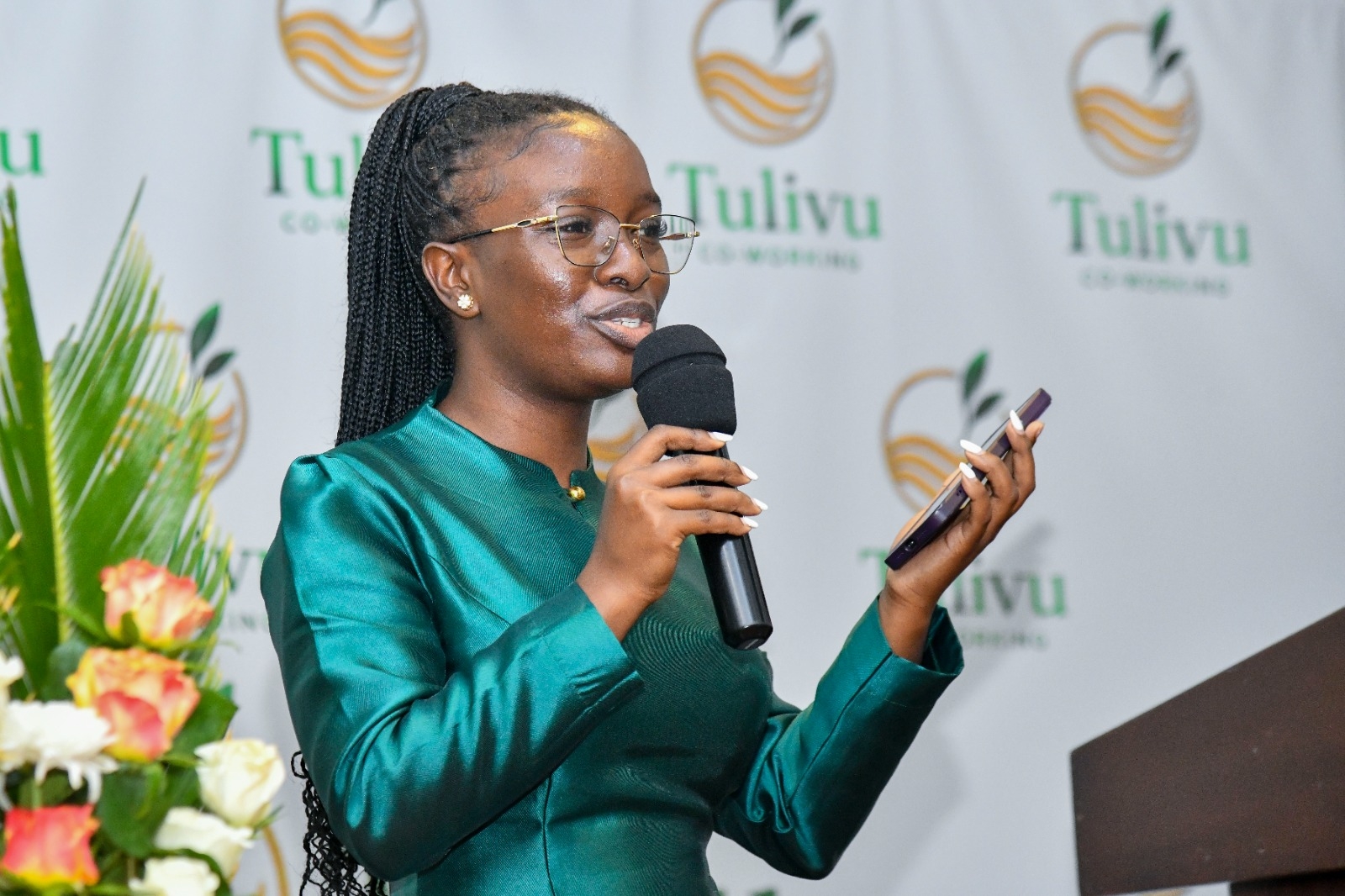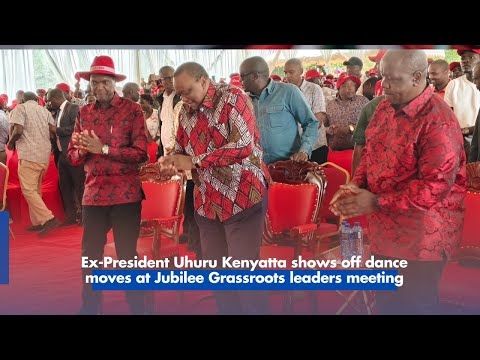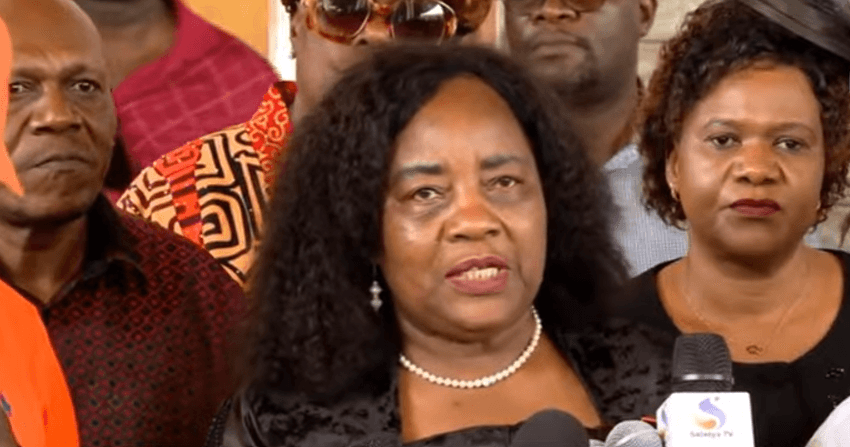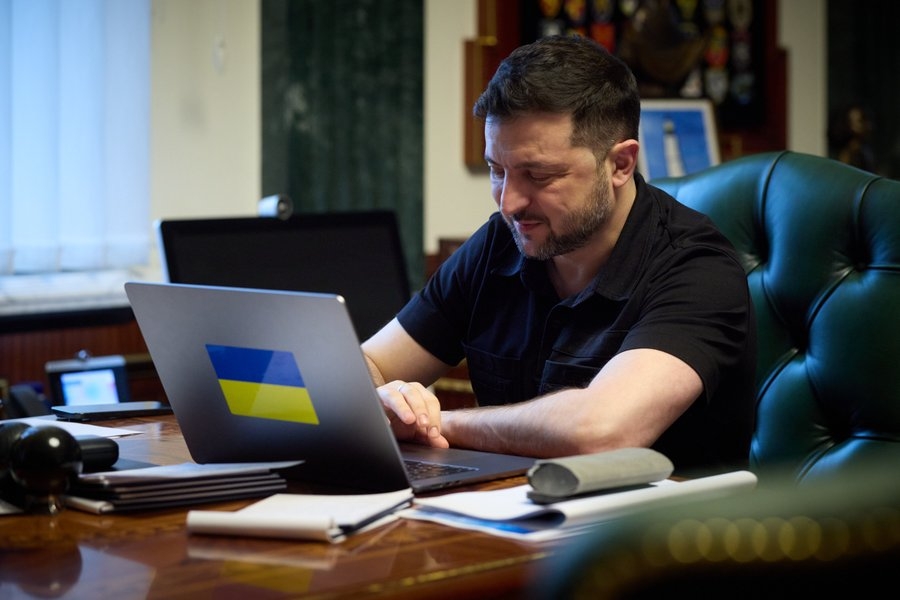
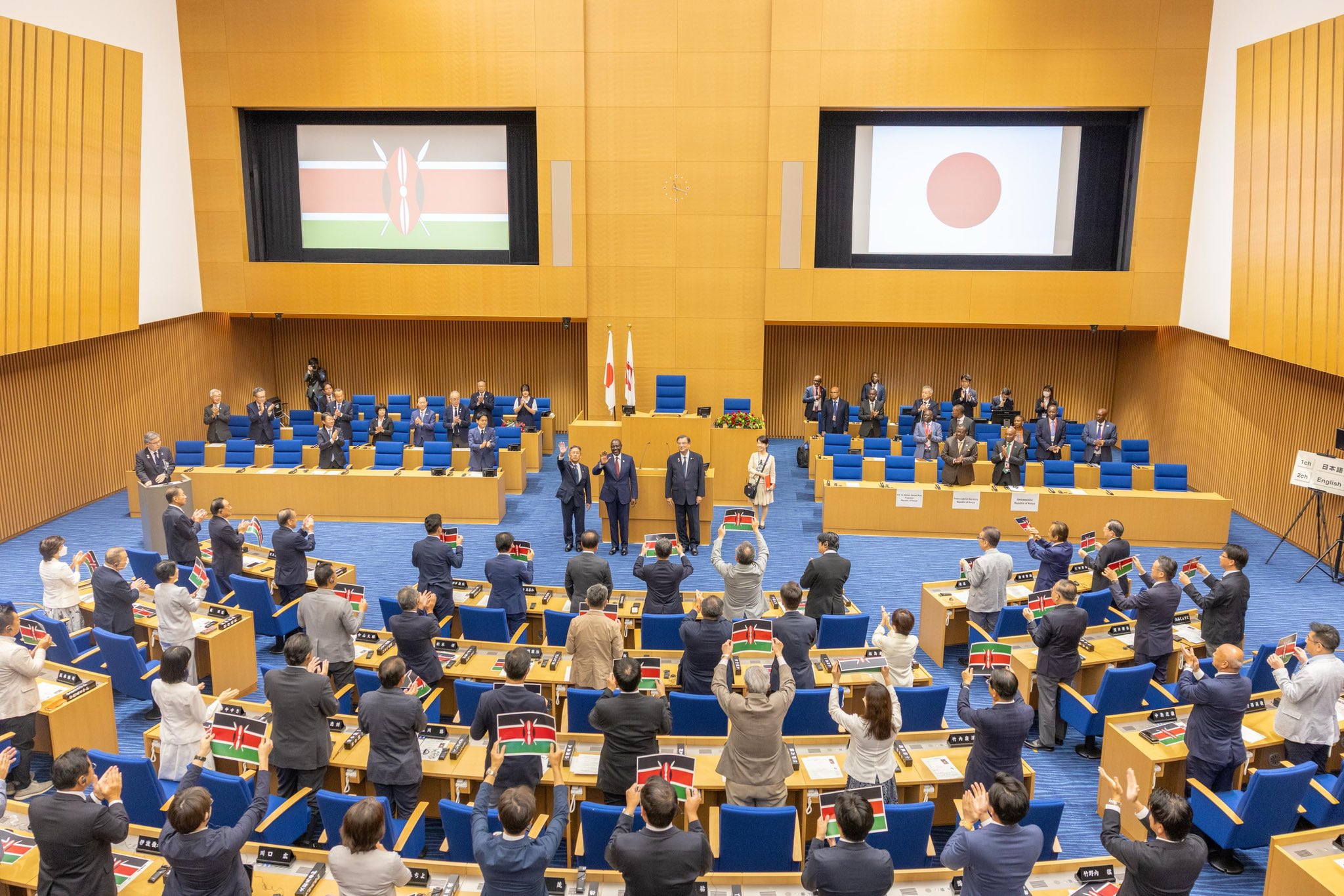
From chairing a bipartisan parliamentary group meeting in Nairobi to signing multi-billion-shilling agreements with Japan during the Ninth Tokyo International Conference on African Development (TICAD 9) in Yokohama, his schedule captured both his domestic and international priorities.
The all-important summit officially started on August 20.
Ruto left the country on Monday, August 18, joining other African leaders in Yokohama for the summit.
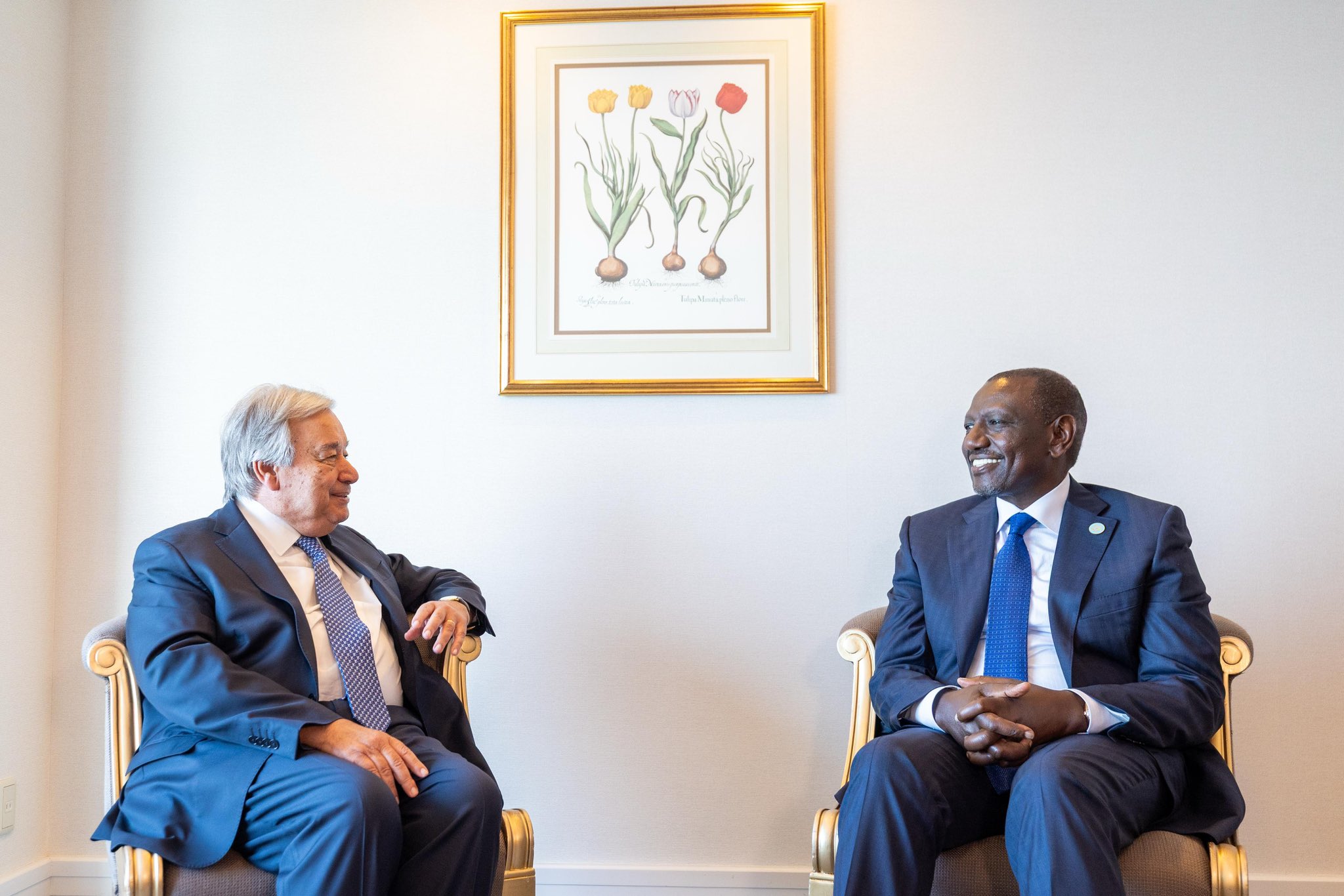
Before departing for Japan on Monday, August 18, Ruto hosted members of his Kenya Kwanza coalition and Raila Odinga’s ODM in a parliamentary group meeting that many viewed as historic.
The President used the opportunity to stress bipartisan unity as the foundation of national transformation. He declared that Kenya could no longer afford political bickering and retrogressive politics that stall economic progress.
"We stand at a historic moment, a rare opportunity to unleash the full force of Kenya’s potential and claim our rightful place among the leading economies of the world. For too long, we have tolerated mediocrity and settled for the average. Not anymore,” he said firmly.
Ruto highlighted reforms in the sugar sector as proof that bold leadership can turn challenges into opportunities, projecting that within two years, Kenya would shift from requesting COMESA safeguards to becoming a net sugar exporter.
His rallying cry was unmistakable: Kenya is unstoppable if leaders unite with clarity, conviction and courage.
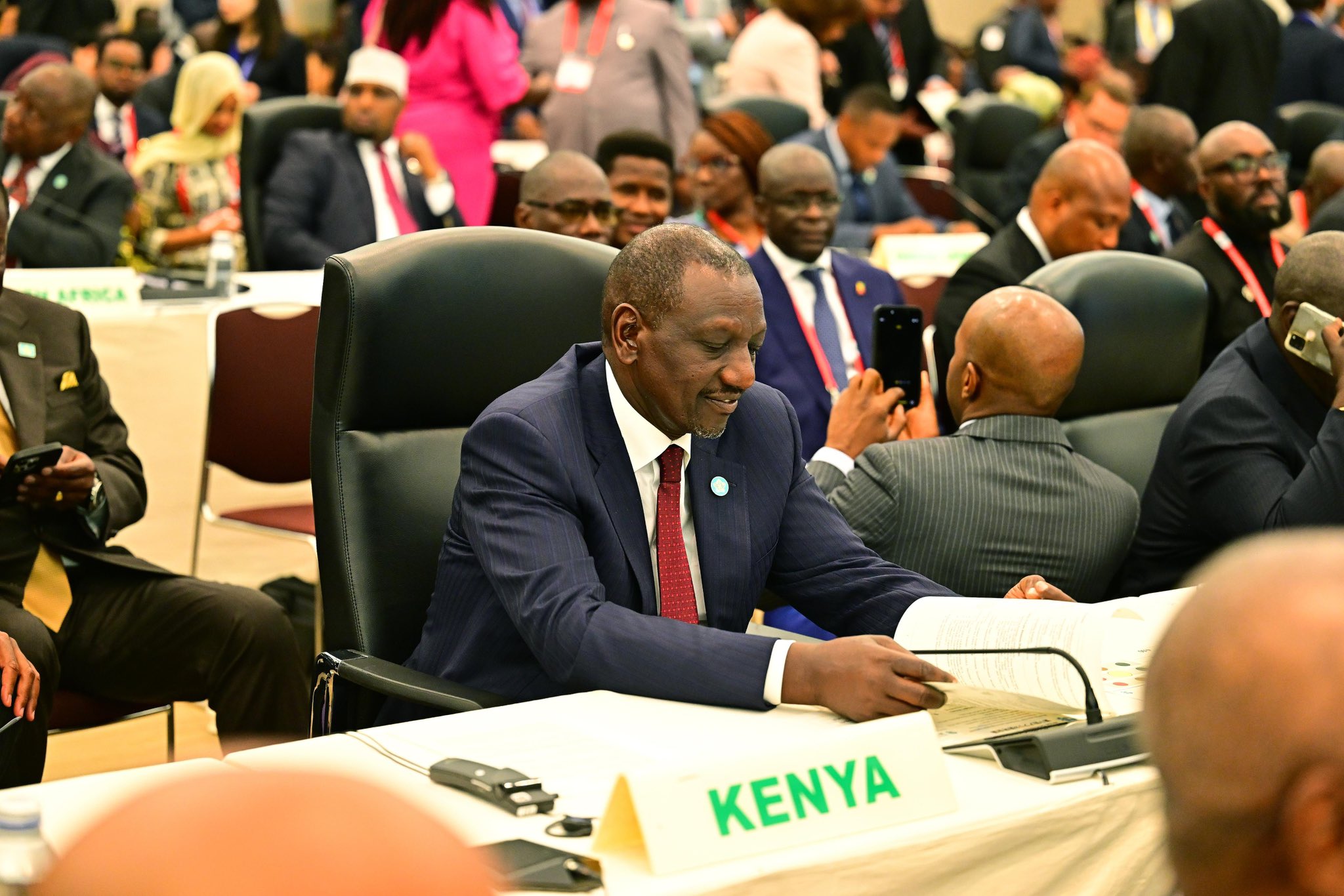
Upon arrival in Japan, Ruto joined fellow African leaders at the TICAD 9 opening ceremony on August 20.
His message to the international community was blunt: conflict in Somalia, Sudan, South Sudan, Eastern DRC and the Sahel continues to derail development and investment across Africa.
He commended African regional blocs, the East African Community, Southern Africa Development Community and IGAD, for their peace efforts, but underlined the need for sustainable solutions.
Reforms of African Union institutions, particularly the AU Peace Fund, were central to his vision of a more agile, self-reliant Africa.
“For Africa to attract meaningful investment, stability must be the norm, not the exception,” he told the summit.
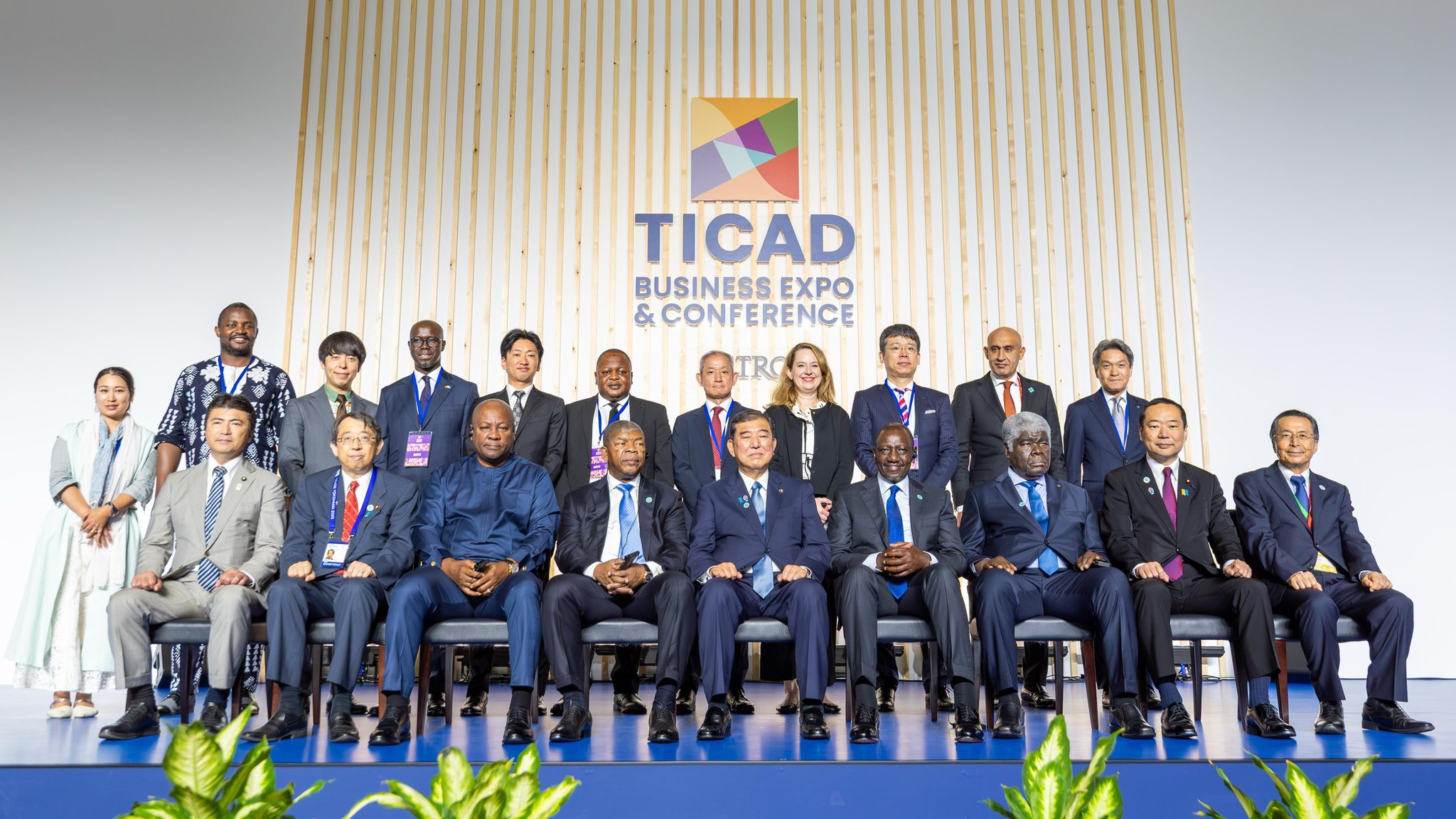
Ruto’s bilateral engagements underscored the depth of Kenya’s 60-year partnership with Japan.
In a meeting with Prime Minister Shigeru Ishiba, he pressed Tokyo to dismantle tariff and non-tariff barriers restricting Kenyan exports such as avocados and tea.
He also thanked Japan for supporting renewable energy and infrastructure development in Kenya, citing geothermal projects in Olkaria and the expansion of the Mombasa Port.
The President later addressed the Yokohama City Council, where he received a standing ovation after emphasising cultural exchanges, music, drama, art, sports and education as powerful tools to break stereotypes and build global understanding.
Kenya’s ties with Yokohama City, he noted, were strengthened through the partnership between Yokohama Commercial School and Alliance High School, a model of fostering global leaders.
The summit also offered Kenya a platform to seal major cooperation agreements.
Among them was a Statement of Intent on the Samurai Bond, financial instruments issued in the Japanese capital markets, signed between the National Treasury and Nippon Export and Investment Insurance.
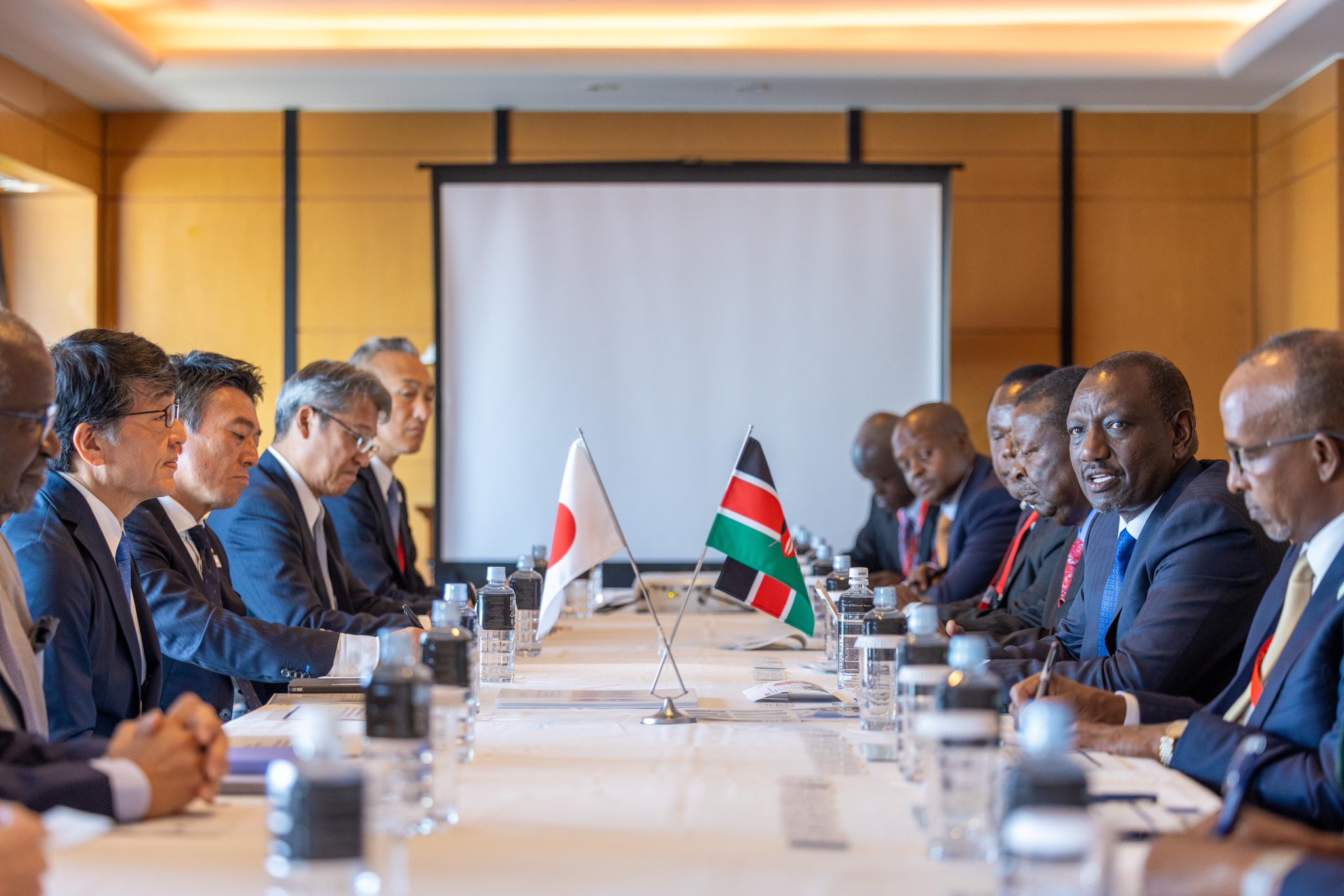
Ruto hailed the deal as part of his strategy to diversify resource mobilisation for national development.
Kenya also signed a Letter of Intent with Shionogi & Co. Ltd to fast-track access to Cefiderocol, an advanced antibiotic critical for treating bacterial pneumonia, thereby boosting the country’s capacity to fight antimicrobial resistance.
Additionally, the Kenya Industrial Research and Development Institute (KIRDI) signed a Memorandum of Cooperation with Japan’s Ministry of Economy, Trade and Industry to enhance skills development and industrial research.
“These agreements reflect our forward-looking approach to economic growth, innovation and public health,” Ruto said after the signings.




